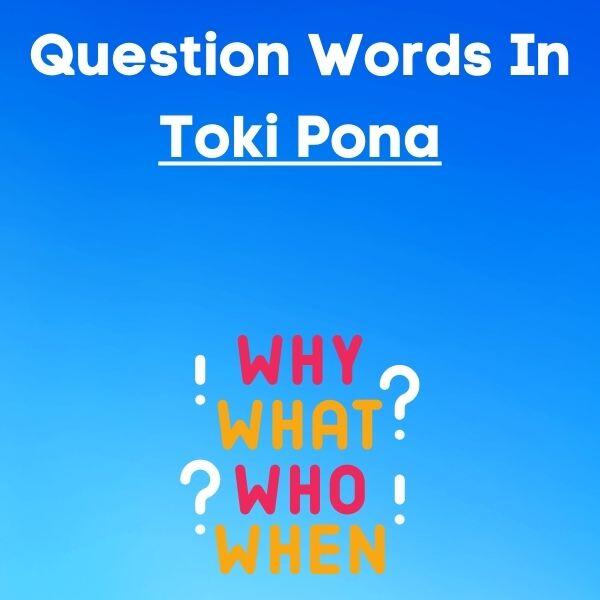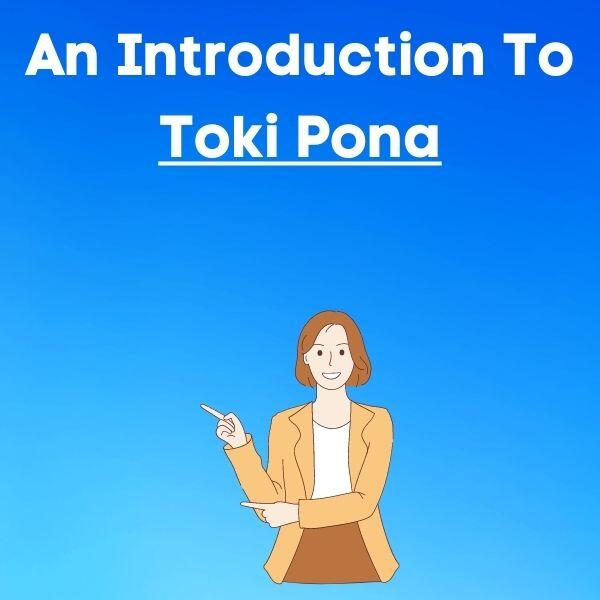Toki Pona “pu” vs “ku” Words
“Toki Pona: The Language of Good”, commonly referred to as “pu”, is the official book published by the creator of the language, Sonja Lang, in 2014.
The word “pu” in Toki Pona has a few different meanings, but in this context, it refers to interacting with the official Toki Pona book. It’s also used to refer to the variant of Toki Pona as described in that book.
On the other hand, “ku” doesn’t have an official meaning in the Toki Pona language as defined by the book “pu”. Some members of the Toki Pona community use “ku” to refer to the community-developed extensions of Toki Pona that include words or concepts not included in the original 120-137 word vocabulary.
However, it should be noted that not all “ku” is officially recognized by Sonja Lang, and its usage can vary widely between different speakers or communities. Some purists argue that these additions go against the simplicity and philosophy that are central to Toki Pona.
Tldr: “pu” refers to the official version of Toki Pona as set down by its creator in the book of the same name. “Ku”, on the other hand, refers to unofficial expansions and adaptations of the language made by the community.
The preference between “pu” and “ku” can depend on the individual’s philosophy regarding the language: some embrace the “ku” additions as creative and community-driven, while others prefer the minimalistic, creator-approved “pu” version.
Some of the most popular “ku” words are:
- oko – eye
- namako – spice, additional element
- kijetesantakalu – any animal from the musteloidea family (i.e. raccoons, weasels, skunks, etc.)
- kipisi – to cut, divide
- lanpan – get, seize, steal
- ku – interacting with the official Toki Pona Dictionary
Interested in learning Toki Pona? Check out our post Where to Learn Toki Pona.



